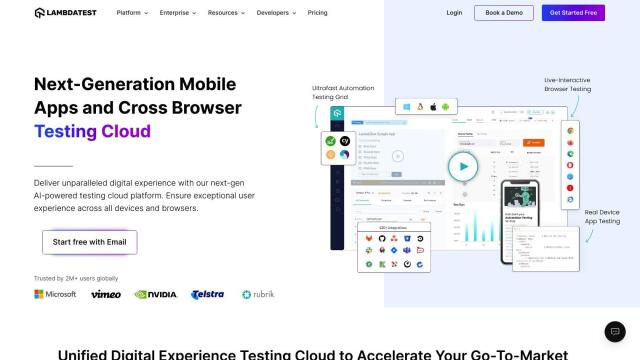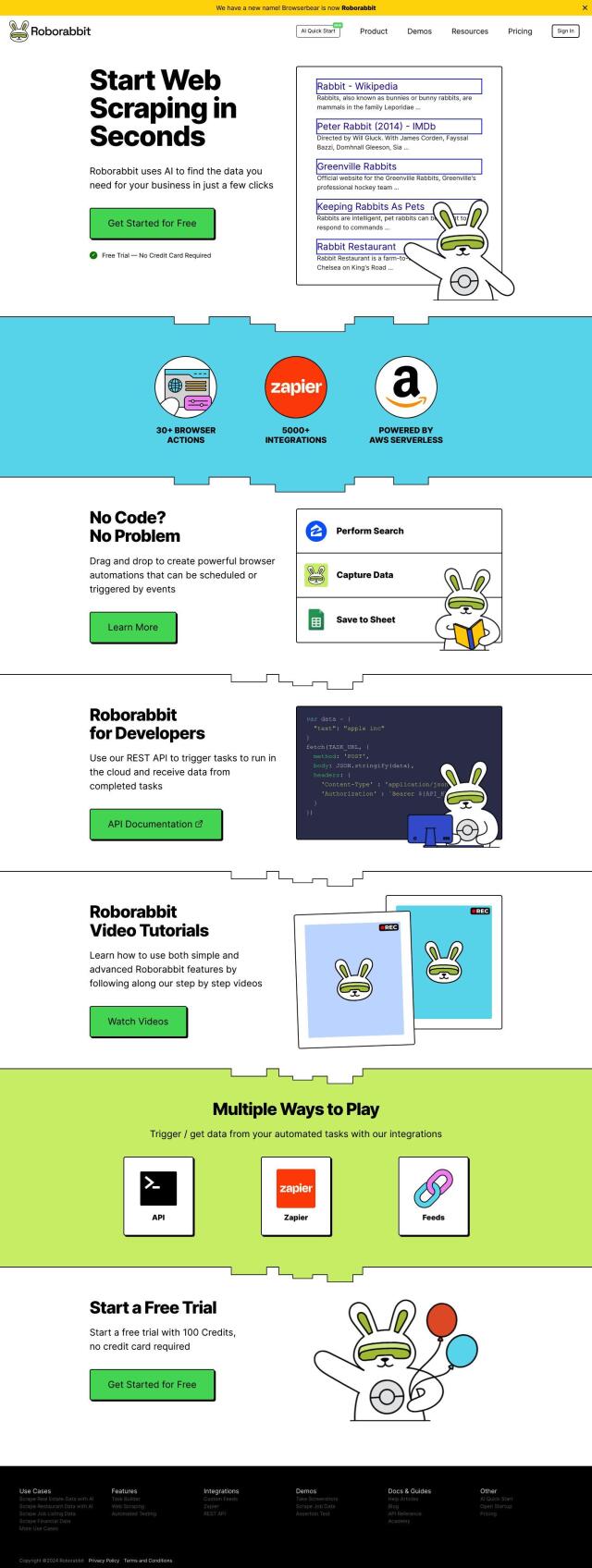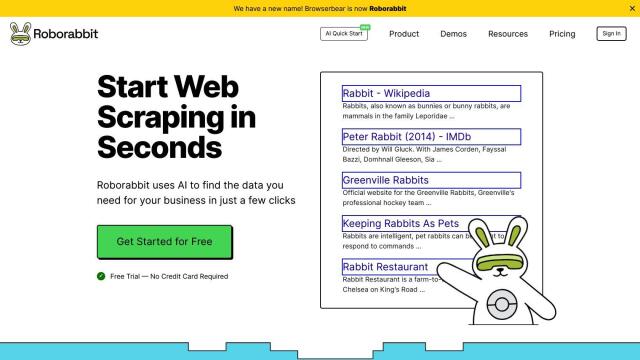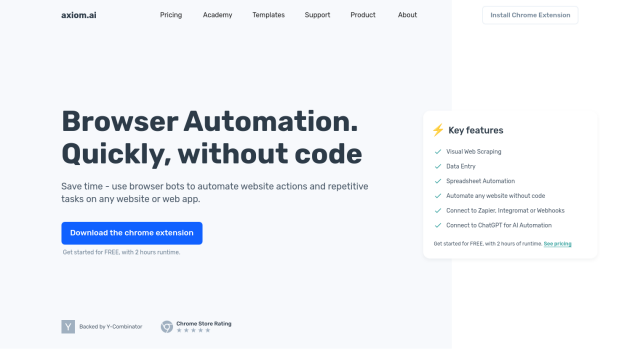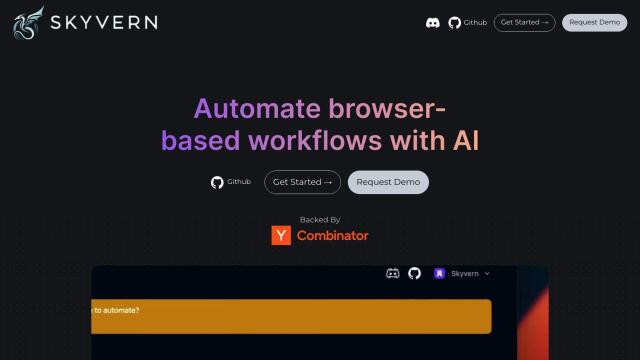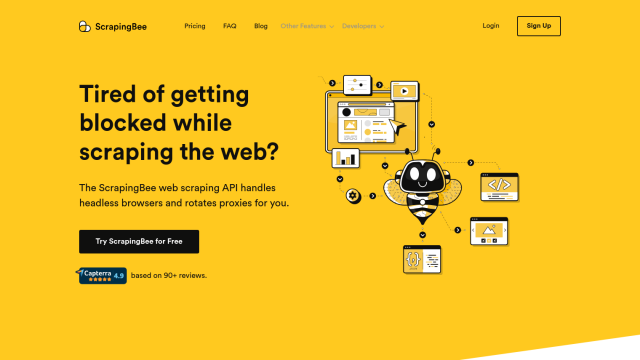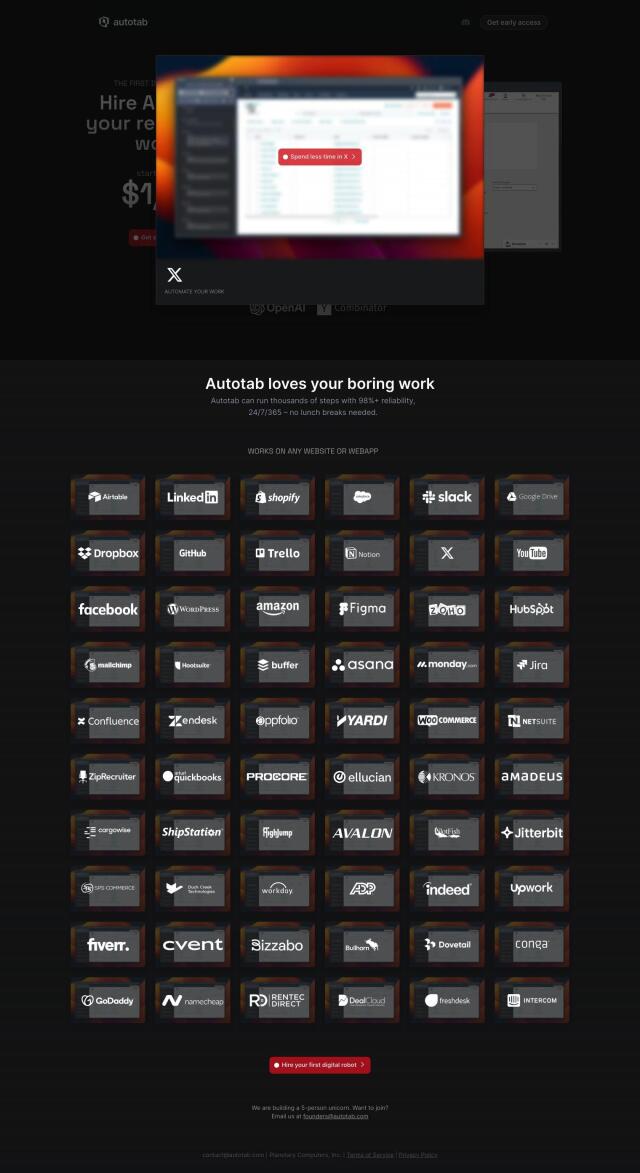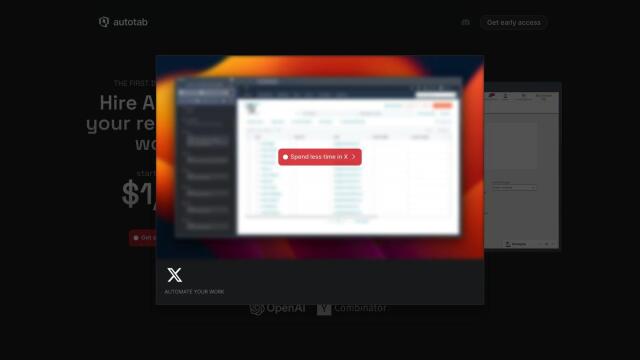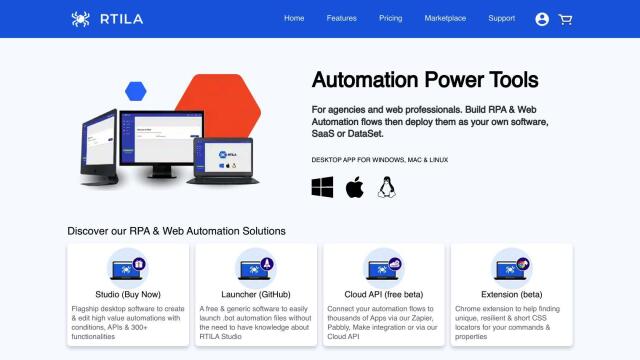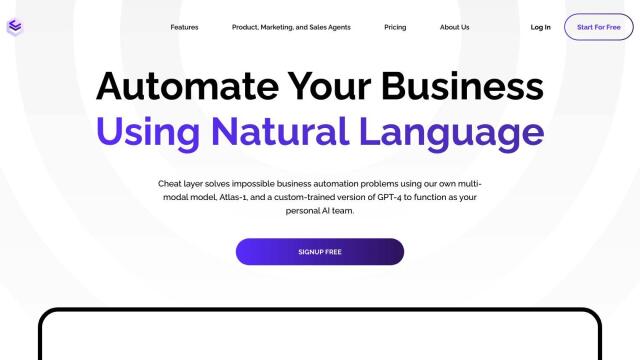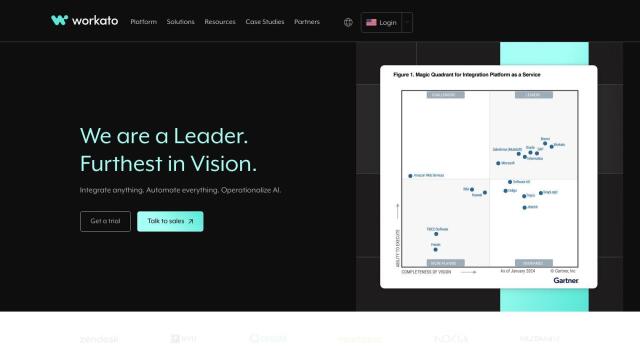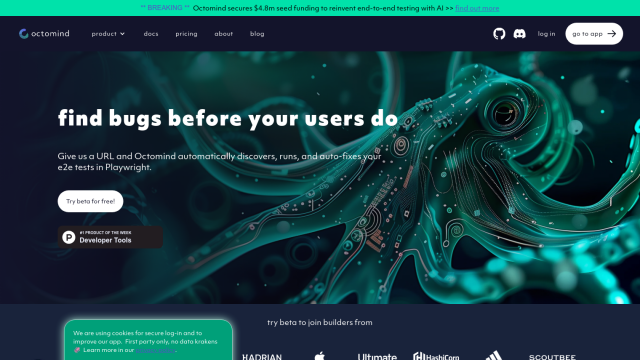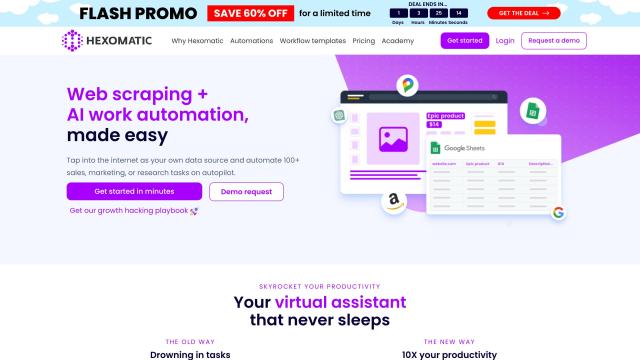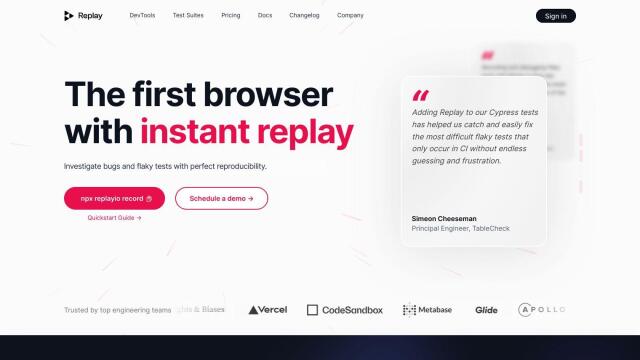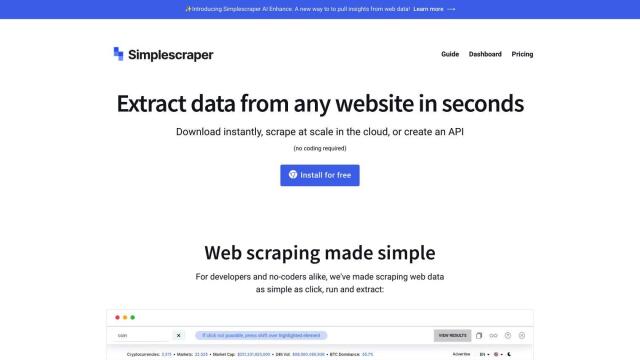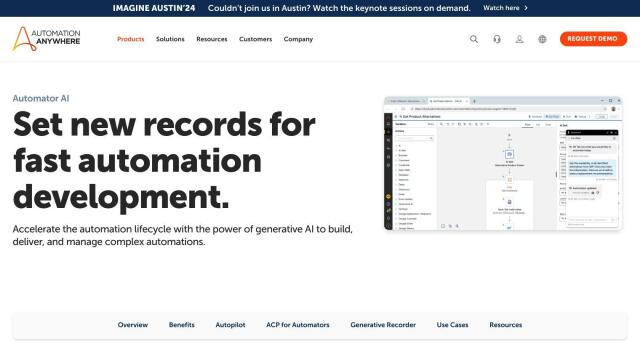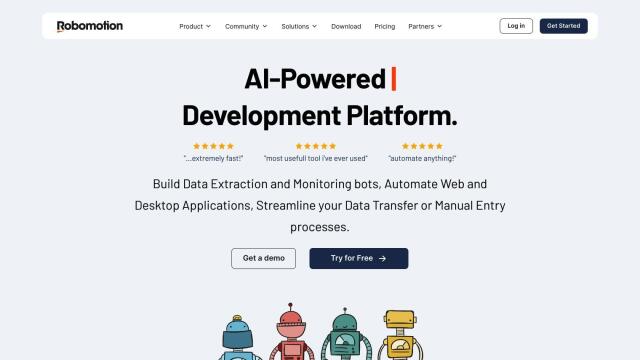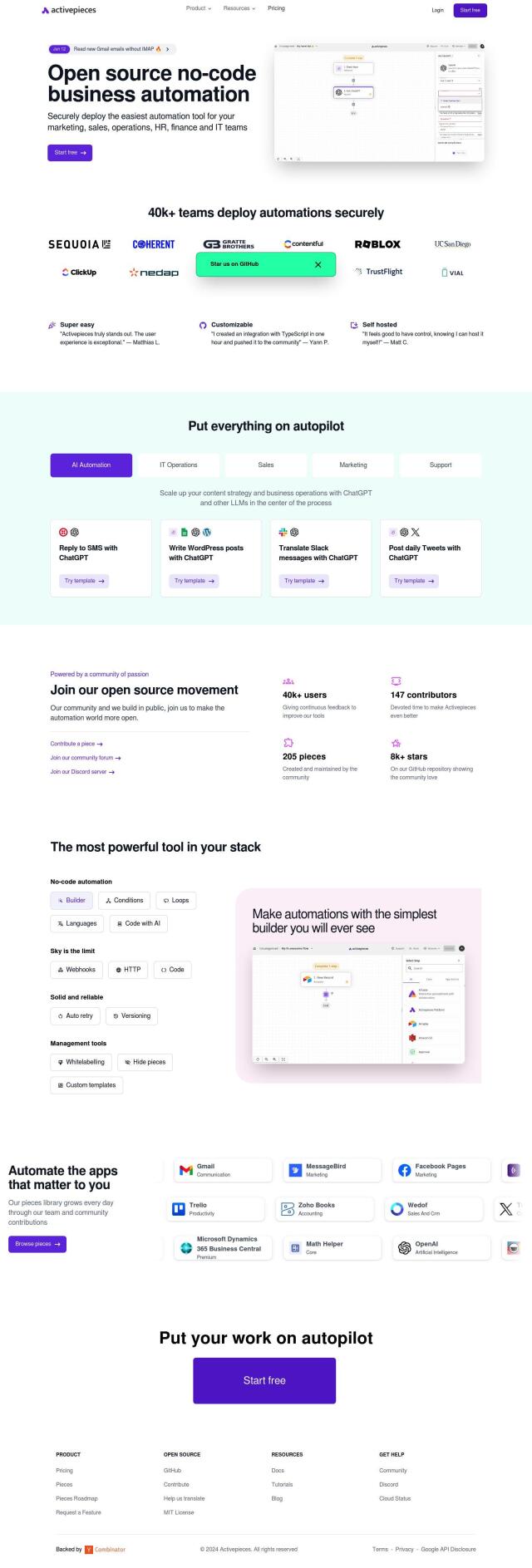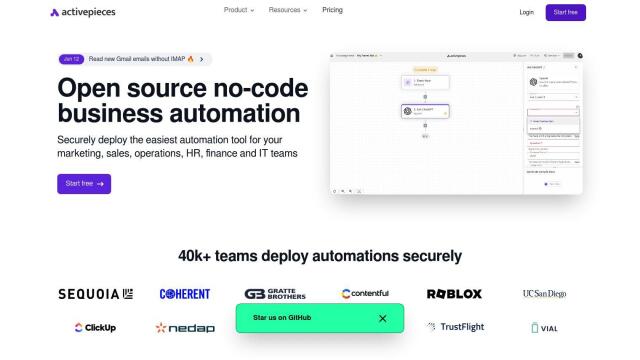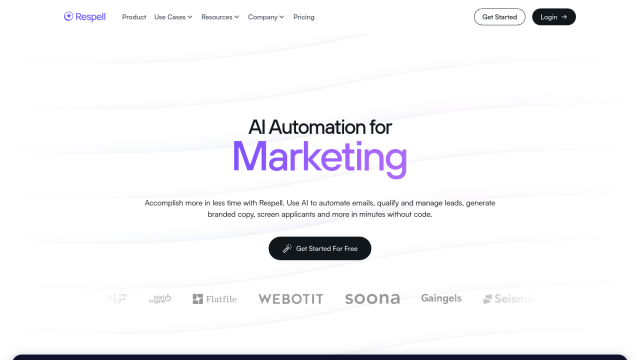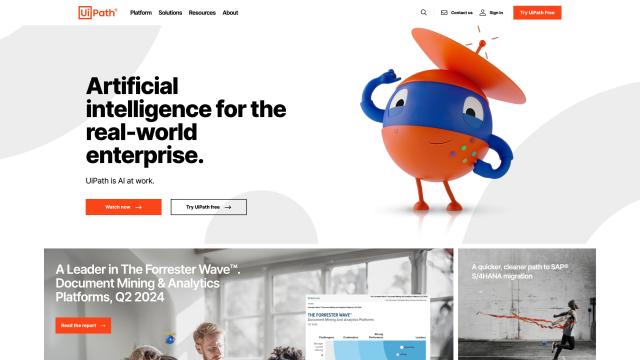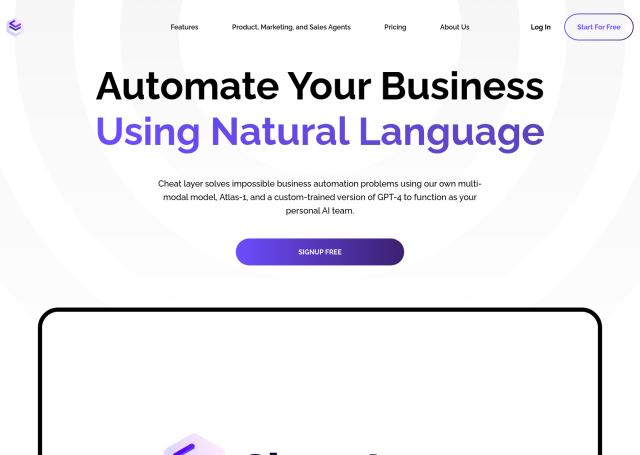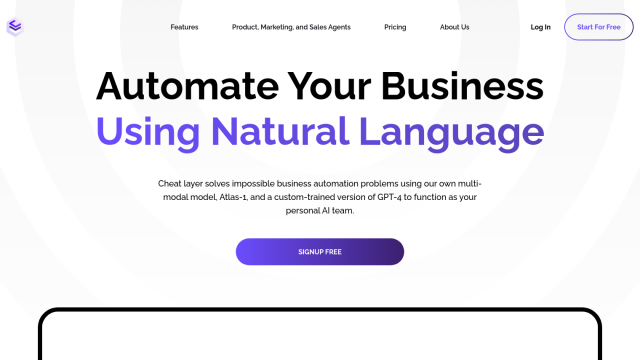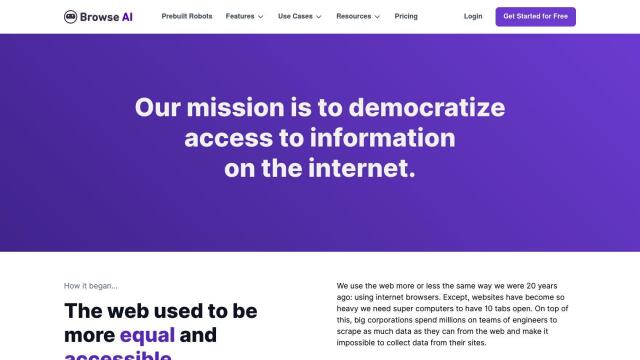Question: I need a way to run multiple versions of browsers for automation tasks without dependency issues, do you know of a service that can help?

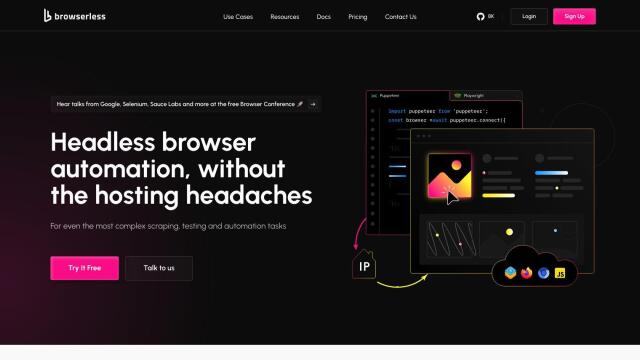
Browserless
If you need a service to run multiple incarnations of browsers for automation jobs without worrying about versioning problems, Browserless is a good option. It's a managed pool of browsers you can use to scale automation jobs without having to worry about the underlying infrastructure. It also offers features like version control for specific browser versions, anti-bot detection, session persistence and monitoring and debugging tools. Browserless supports hybrid automations and offers flexible pricing plans, so it can accommodate a range of automation needs.

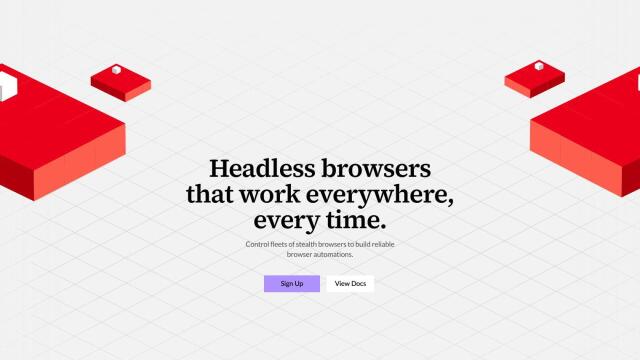
Browserbase
Another option is Browserbase, a headless browser designed for AI agents and other applications. It integrates with tools like TypeScript, Python, Playwright, Puppeteer and Selenium, and lets developers control multiple invisible browsers. Browserbase uses serverless infrastructure for uninterrupted long-running sessions, offers full browser observability and stealth mode with customizable fingerprinting. It also offers advanced debugging tools and transparent pricing plans, so it's good for building reliable browser automations.

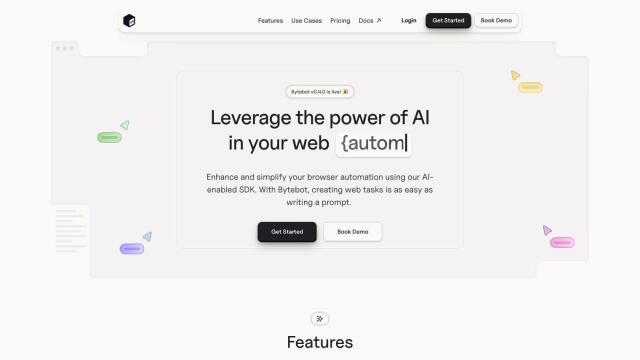
Bytebot
If you prefer a more user-friendly approach, check out Bytebot. This AI-powered browser automation SDK lets you define web tasks with simple prompts instead of complicated programming code. It also includes features like Smart Prompts and Dynamic Adjustments that can handle layout changes on websites. Bytebot is good for tasks like data extraction, form filling and continuous website monitoring, and it offers a range of pricing plans to accommodate different needs.

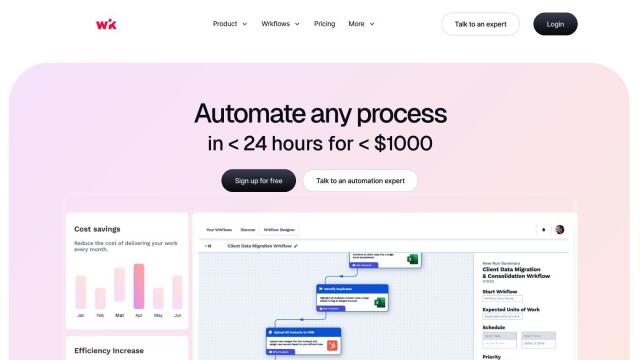
Wrk
If you're looking for a more general-purpose automation platform, Wrk could be a good choice. Wrk marries AI bots, browser automation, human tasks and API connectors to automate a lot of business tasks. It offers transactional pricing and scheduling, so it's good for sales, marketing, finance and other areas. Wrk also offers a no-code workflow designer and other resources for automation experts.

